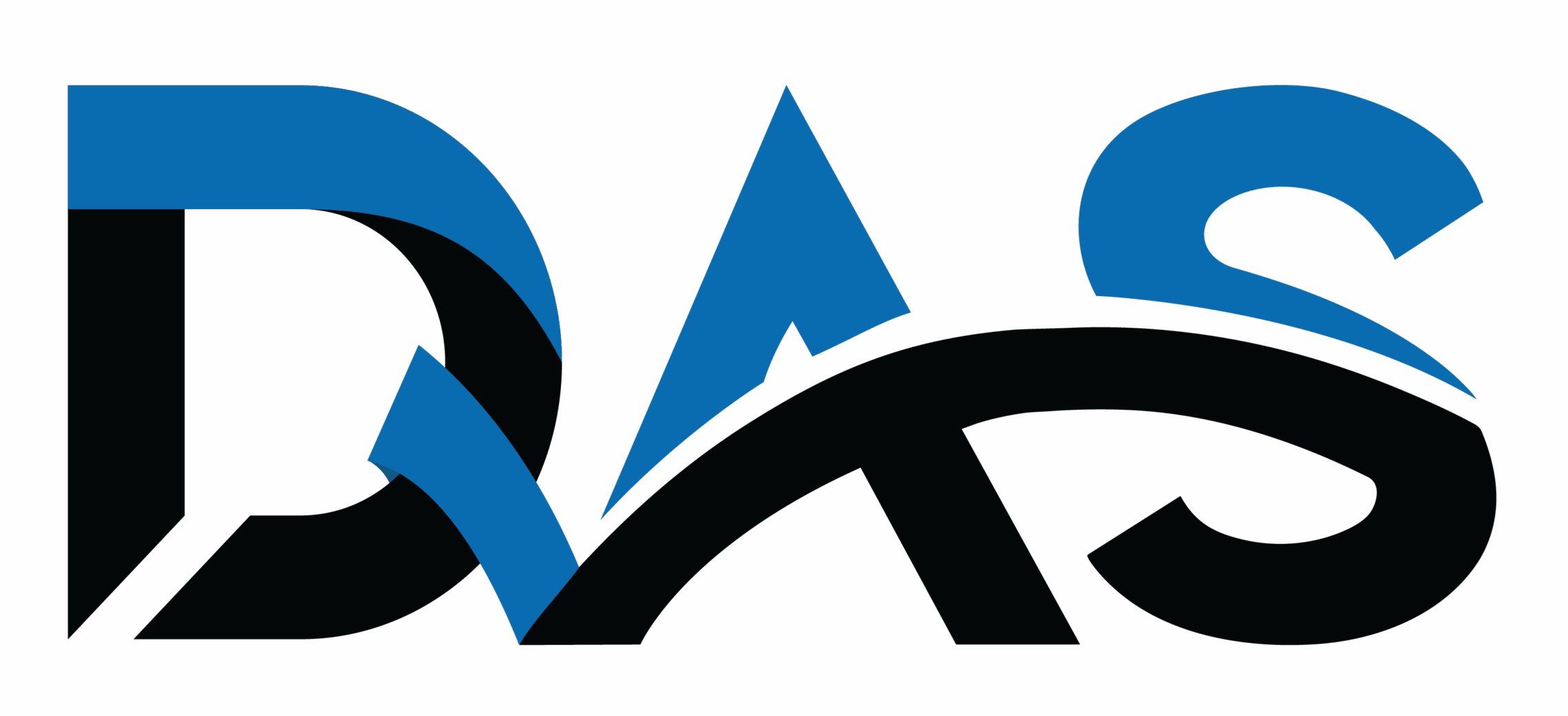ISO 27001 Certification
🔐 ISO 27001 Certification
DAS supports organisations in implementing ISO 27001 to help protect information assets and manage security risks effectively.
ISO 27001 is an internationally recognised standard that provides a framework for establishing, implementing, maintaining, and continually improving an Information Security Management System (ISMS). It addresses the three key pillars of information security:
- 🔏 Confidentiality
- 📑 Integrity
- 🌐 Availability
The design and scale of an ISMS will depend on an organisation’s objectives, risk profile, operational processes, and structure. ISO 27001 enables businesses to manage security in a structured, measurable, and adaptable way.
📘 Key Requirements of ISO 27001
To implement ISO 27001 successfully, an organisation must focus on the following areas:
Clause 4: Context of the Organisation
🌍 Identify internal and external factors affecting information security, understand stakeholder needs, and define the ISMS scope.
Clause 5: Leadership
👩💼 Establish an information security policy, show top management commitment, and assign clear responsibilities.
Clause 6: Planning
📝 Conduct risk assessments, define security objectives, and plan actions to address risks and opportunities.
Clause 7: Support
🛠️ Provide resources, raise awareness, ensure competence, and maintain controlled documentation.
Clause 8: Operation
⚙️ Implement and manage security controls, protect processes and assets, and maintain incident response plans.
Clause 9: Performance Evaluation
📊 Monitor and evaluate ISMS performance, conduct internal audits, and review management systems.
Clause 10: Improvement
🚀 Address nonconformities, apply corrective actions, and drive continual improvement.
Annexe A: Control Objectives and Controls
🔐 Select and apply relevant security controls or justify any exclusions.
🌟 Benefits of ISO 27001
✅ Regulatory Alignment – Supports compliance with applicable data protection and privacy requirements (e.g., GDPR).
✅ Risk Management – Provides a systematic approach to identifying and mitigating security risks.
✅ Trust & Confidence – Demonstrates commitment to cybersecurity and boosts confidence among clients, partners, and stakeholders.
✅ Business Continuity – Strengthens resilience through secure backup, recovery, and incident response processes.
✅ Operational Advantage – Improves governance, accountability, and internal security controls.
✅ Reputation Protection – Reduces the likelihood and impact of data breaches or cyber-attacks.
✅ Structured Improvement – Encourages ongoing development of security processes and controls.
